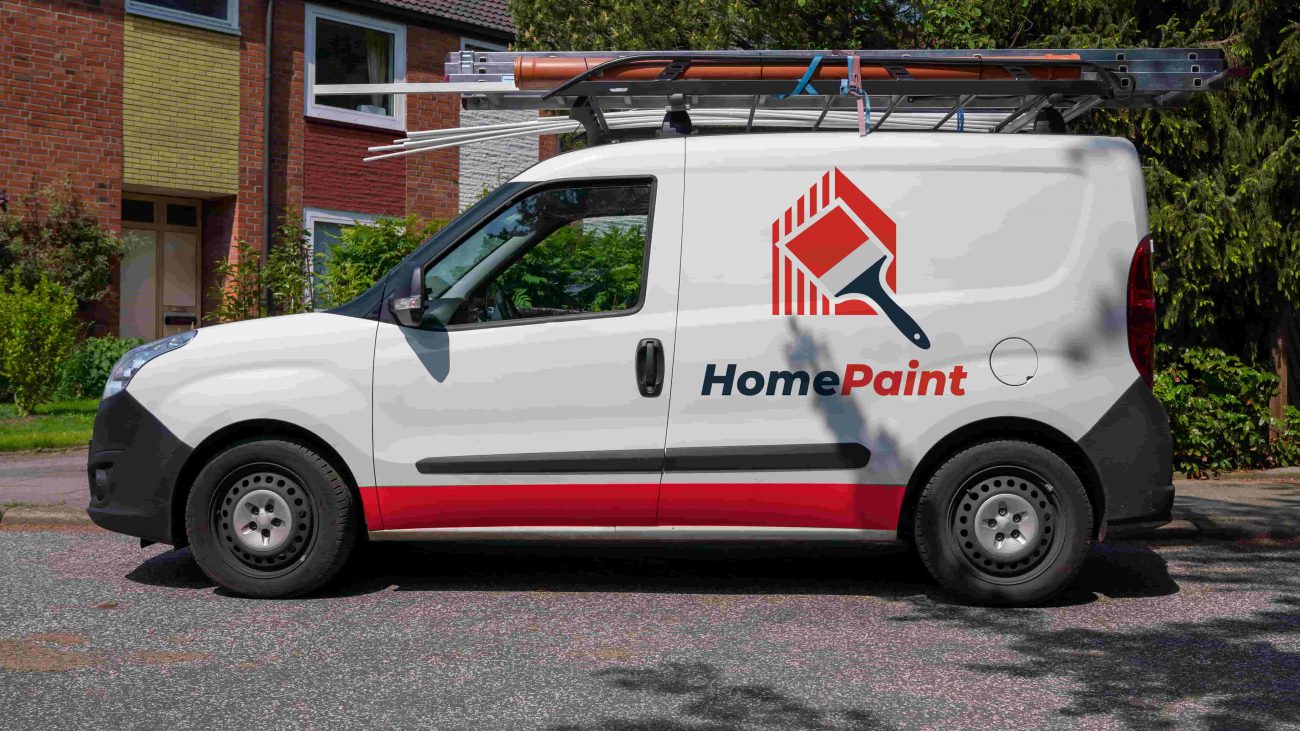What is Considered a Van for Van Insurance?
Caeva O'Callaghan | October 2nd, 2023

Van insurance is necessary if you drive a commercial vehicle. But what’s the difference between one of those and a car?
Any vehicle other than a private car or estate car is considered a van for the purposes of vehicle insurance.
In other words, any commercial vehicle, or vehicle designed solely for commercial use to carry goods and tools, instead of people.
In this article, we’ll cover the following questions:
- What is a van for insurance?
- What does van insurance cover?
- Do I need van insurance for a converted van?
Van insurance is slightly different from car insurance in some ways. Read on to find out more.
What is a van for insurance?
For the purposes of insurance, a “van” is any vehicle designed solely for commercial use by industries, businesses and sole traders. In other words, vans have to be vehicles designed to carry goods and tools rather than people.
When shopping around for the perfect van for your business, you have a choice between many different types. Common choices are the standard two or three seater vans such as a Peugeot Partner and the Ford Transit Connect.
These models have a bench type seat in the front which accommodates the driver and a small number of passengers. The area where the back seats and boot are located is an open space, with no windows, accessed by back doors.
Pickup trucks are also often registered for commercial use by farmers and tradesmen, and as such are insured as vans.
The difference between cars, vans and motorhomes isn’t always clear – some family cars are classified as light commercial vehicles, for example.
Official information is found in your V5 logbook (look for line J, ‘vehicle category’), but we can help you identify if your vehicle is a car or a van when you get a quote from us.
What does van insurance cover?
There are three levels of cover for vans, just like there are for cars: fully comprehensive, third party, fire and theft, and third party only cover. Third party only (TPO) coverage is the minimum insurance you need to drive legally on the road in Ireland.
But vans also need an additional category of cover which tells the insurer whether the van is privately used, commercially used, or both.
When you request a van insurance quote, you will be asked if you drive your van for social use only, for carriage of your own goods, for hire and reward, or for haulage.
You must get the right type of insurance for your vehicle, whether it’s car insurance, van insurance or motorhome insurance
A van can’t be covered with car insurance, and vice versa.
Do I need van insurance for a converted van?
Yes. Converted vans are becoming more popular, with people kitting them out with seats and beds and creating mini living spaces to take on the road.
But just because you converted your van into something else, you will still need the right insurance to make it road legal.
Your vehicle counts as a van if it has one or more of the following features:
- More than eight seats
- A double cab (a separate area for the drivers and passengers from the tail end of the car)
- A pick-up bed at the back, designed specifically for cargo (with or without a roof)
- If it has no windows on the rear side panels
- If it’s a van that’s been modified
- If it has a gross laden weight of over 1,000kg
- If its original purpose was commercial and domestic
As you can see, if its original purpose was commercial and/or it was originally a van but you modified it, you will need van insurance.
Confused about what kind of van insurance you need for your commercial vehicle? Get in touch today, and we can find you a competitive quote that suits the level of cover you need as well as your budget. You can telephone us Monday – Friday 8.30-5.30pm on 0818 224433 or 042 9359051.